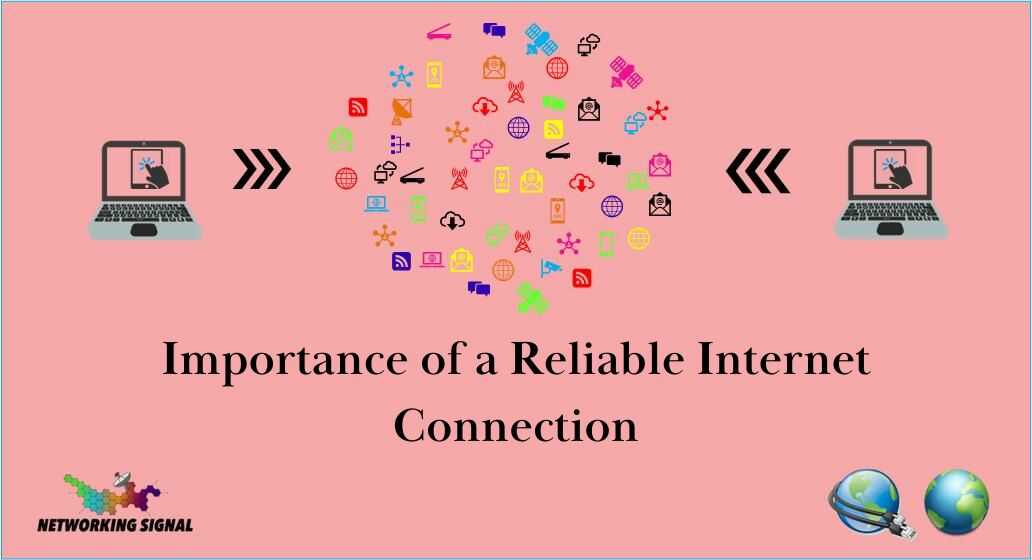A reliable internet connection has become increasingly important in today’s digital world. From working and learning remotely to staying connected with friends and family, so much of our daily lives depend on having a stable internet connection.
When the internet is unreliable and suffers from frequent disruptions, it can negatively impact productivity, education, communication, and overall quality of life. Thus, maintaining a fast and reliable internet connection is essential.
- The Internet has become deeply integrated into work, education, communication, entertainment, and more
- Unreliable connections lead to disruptions, delays, and frustration
- A stable connection is crucial for productivity, learning, communication, and overall quality of life
Factors that affect Internet Reliability
There are several key factors that can affect the reliability and speed of an internet connection. One major factor is distance from the internet source, like a router or modem.
The farther away a device is from the start, the weaker the connection will be. Connection strength declines rapidly with distance.
Distance from router/modem
- Connection strength diminishes quickly with distance
- Being nearby improves reliability
- Investing in a more robust router can help increase the range
Number of connected devices
- Each device connected uses bandwidth
- More devices connected leads to congestion and slower speeds
- Should limit the number of devices using the internet simultaneously
- Upgrade the internet plan if needed to support more devices
Weather/environmental factors
- Storms, humidity, and temperatures can interfere with signals
- Make sure cables are not exposed to elements or damage
- Check external wiring, connectors, and splitters for issues
Tips for improving Internet reliability
There are steps users can take to maximize internet reliability.
Proximity to router/modem
First, move closer to the router or modem if possible, or invest in a more powerful router to increase signal strength.
- Move closer to the source
- Remove obstacles blocking the signal
- Purchase extended range router
Limit connected devices
Second, limit the number of devices connected to the same network. Too many devices sharing bandwidth can slow speeds considerably.
- Schedule usage to avoid congestion
- Disconnect unused devices
- Upgrade internet plan
Update hardware/software
Third, regularly update network hardware, operating systems, browsers, and apps to ensure optimal performance. Outdated software and hardware can disrupt connectivity.
- Replace outdated router
- Update network drivers
- Install the newest OS and browser versions
- Download app updates
- Schedule automatic updates
The benefits of a reliable internet connection
Having a fast, stable internet connection comes with many benefits.
Work productivity
At work, it increases productivity and efficiency by enabling quick communication and collaboration.
- Faster communication via email, messaging
- Ability to transfer large files quickly
- Reliable video conferences
- Remote collaboration tools function optimally
Learning
For students, it provides the ability to successfully participate in online classes and submit assignments on time.
- Attend online lectures without disruption
- Submit assignments on time
- Access educational resources
- Participate in online discussions
Communication
A reliable connection also improves communication with friends and family through video calls and social media.
- Clear video and voice calls
- Use social media, and messaging seamlessly
- Share photos, and videos with no delays
Entertainment
And it allows for seamless streaming of entertainment content.
- Stream movies, and shows without buffering
- Play online video games lag-free
- Listen to music services without interruptions
A reliable internet connection is crucial for work, education, and daily life. By understanding the factors that affect internet reliability and taking steps to improve it, individuals can experience the benefits of a strong and consistent internet connection.

